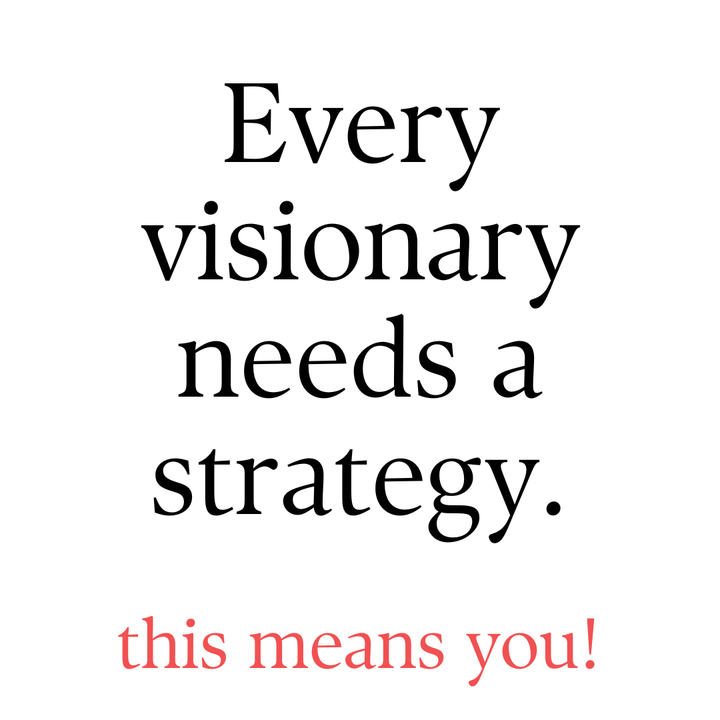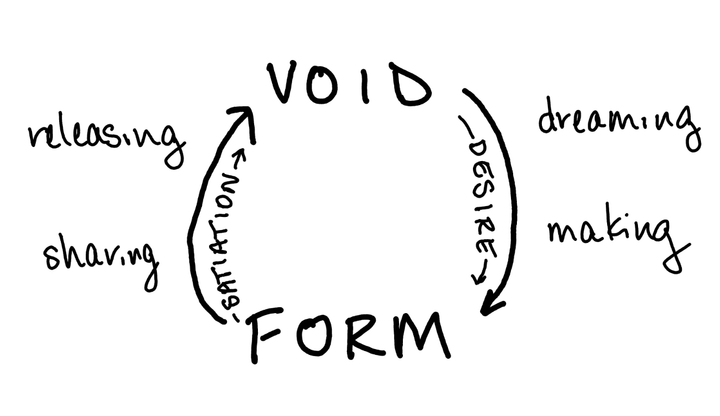Remember when “habits” were bad?
My first habit tracker app was called HabitBull and I think it was on my very first smartphone.
It had a grid of habits, and you could select how often you intended to do them. It didn’t have to be daily, it could be three times a week, or once a week, and if you did it the right amount, the checked bubbles would link together, creating one of those lines you were supposed to be proud of and not want to break.
Who invented the habit tracker?
A google search has been less than informative about this.
Why do so many paper and app-based habit trackers feature a grid, when it’s best to create one small habit at a time?
I remember redesigning my whole life in the HabitBull app, all the sudden I expected to meditate three times a day, go to the gym four times a week, make time for journaling, and more.
It didn’t feel like enough to change just one habit.
The structure of the tool encouraged me to try to re-engineer my life, which was inherently an approach in which I was doomed to fall short.
When did “habits” in general become something for us to design and engineer and establish as part of an ongoing project of self-optimization?
It wasn’t always like this.
A search for academic articles on PubMed reveals a steady increase in mentions of the term “habit.”

In the decade from 1977 to 1987, only 9 articles on PubMed mentioned “habit tracking,” and these mentions of habits were mainly in the negative context, like “smoking habits” or “TV viewing habits.”
It’s in the later 1990s that articles begin to mention habits in the context we are more familiar with today, for example, a 1996 article mentions the tracking of “fitness habits.”
Our concept of “habits” has shifted from something to get rid of, a “bad habit” to something we actively desire to select and cultivate. It used to be our habits were the undesirable things we did without thinking. Now, it seems, we want to do what we desire, or at least what we think we ought to desire—also without thinking.
(Tara McMullin has written about something similar in her essay, Our Choosing Skills Are Rusty.)
There’s much more to explore on this topic, but it will have to wait for another day. The truth is, I need to go to bed and I’m only writing this today because I have a streak going, although this is more for fun, and the single habit being tracked (one habit, one calendar) makes me feel like enough.
More to come.


